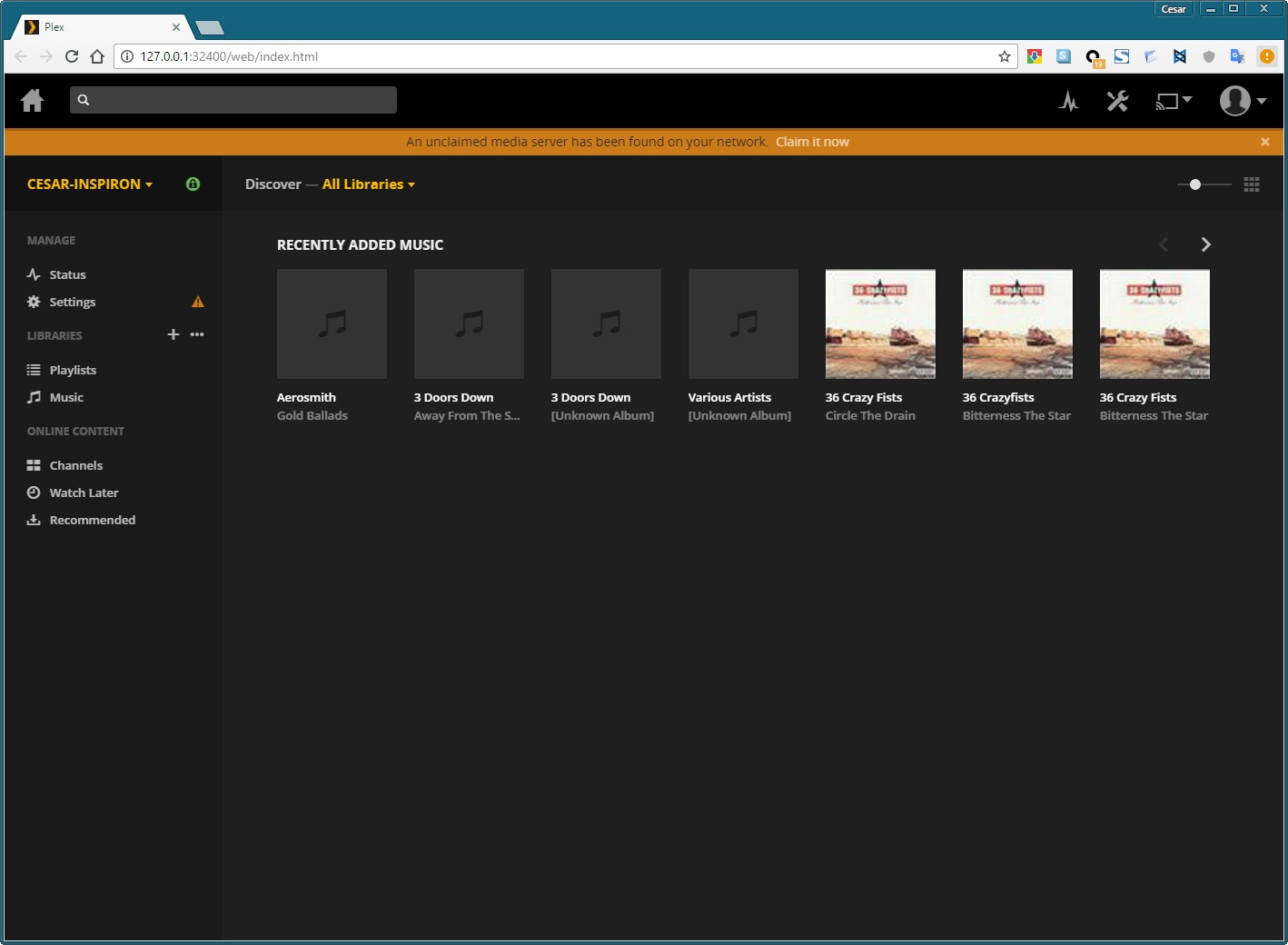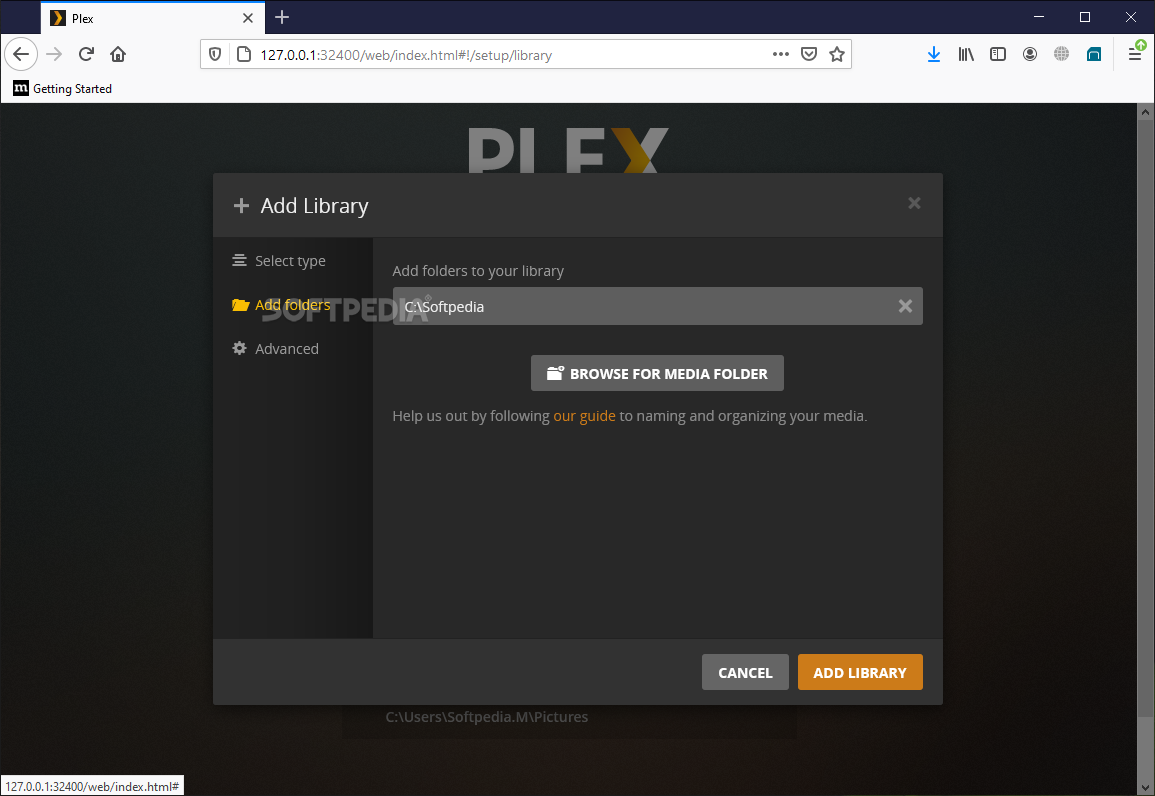

**sudo systemctl start rvice** Configure Plex Media Server on a VPS You can then start the service without rebooting with: Once Plex Media Sever has downloaded and installed, you’ll probably want to set it to run when your server boots for ease of use: Wget & sudo dpkg -i plexmediaserver\*.debįor Ubuntu 16.04+ machines with 32-bit Intel/AMD processors: The versions below are the most recent at the time of writing, but you may want to check the website for the latest Plex media server download.įor Ubuntu 16.04+ machines with 64-bit Intel/AMD processors: In your console, download and install the latest Plex media server Ubuntu installer from the official site via wget.

Your VPS credentials if relevant, including your server’s IP, username and password.


You can check roughly how much power your PC would use here. However, many consider the 24/7 uptime that a dedicated server enables to be well worth it, with VPS solutions even working out more affordable than home servers in some cases once you consider the electricity bill. Streaming Plex from a remote server has its disadvantages, namely that you’ll be using your internet bandwidth to download the content like any other streaming service rather than distribute it across your home network via your router. Though its used most commonly on local networks to seamlessly transcode and deliver TV and movies to different devices in the household, it’s also possible to use Plex to stream to a device when you’re away from home, or to your home from a remote Virtual Private Server (VPS). If you have a large local media library you’ve probably heard of Plex – the platform that lets you quickly organize, curate, and stream your content to other devices. Sign up for BitLaunch today and quickly install Plex on Ubuntu 20.04.


 0 kommentar(er)
0 kommentar(er)
